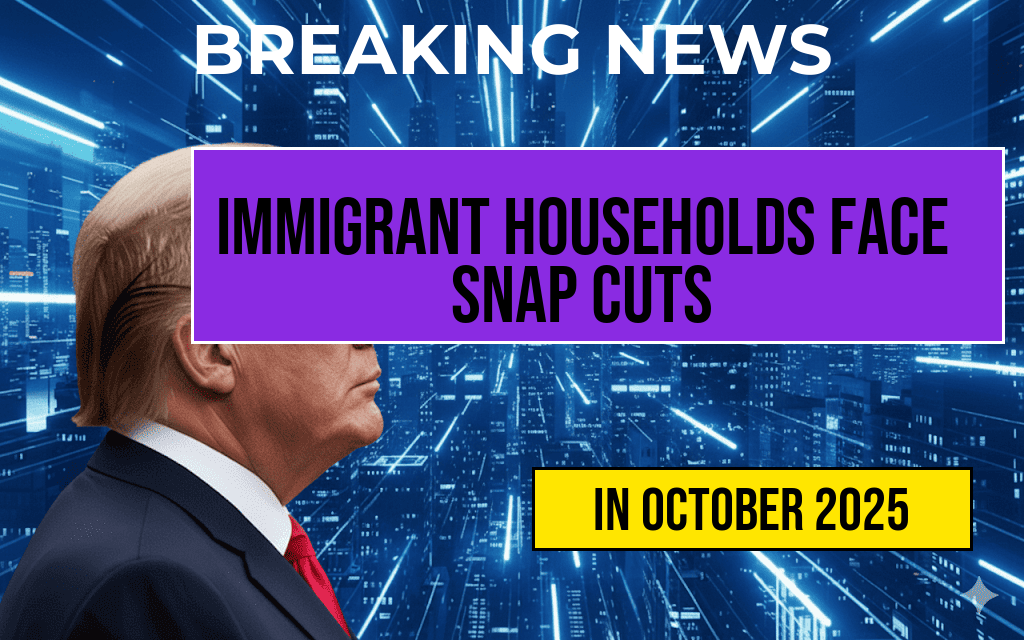The Supplemental Nutrition Program for Women, Infants, and Children (WIC) faces an uncertain financial horizon as a critical funding extension nears its expiration date in just a few weeks. Without congressional action, states could see an estimated $440 monthly reduction in support for eligible families, potentially disrupting access to essential nutrition assistance for thousands of vulnerable women and young children. The impending cutoff underscores ongoing debates in Washington over federal budget allocations and the future of nutrition programs amid broader economic concerns. As lawmakers deliberate, state agencies and advocacy groups warn that the absence of timely funding could lead to immediate hardships, including decreased food security and increased health disparities among low-income populations.
Funding Extension Deadline Sparks Urgency
Congress has until the end of the month to authorize a funding extension for the WIC program, which provides nutritional support, health care referrals, and breastfeeding assistance to nearly 6 million women, infants, and children nationwide. The current funding measure, which has sustained the program through temporary appropriations, is set to expire on October 31. Without an agreement, state agencies predict a significant drop in benefits, affecting both the quality and quantity of food assistance available to families relying on WIC.
Projected Financial Impact and Geographic Disparities
| State | Estimated Monthly Reduction ($) |
|---|---|
| California | $75,000 |
| Texas | $55,000 |
| Florida | $40,000 |
| New York | $35,000 |
| Pennsylvania | $20,000 |
While the total national impact could reach over $440 in weekly reductions, certain states face disproportionately higher cuts due to their larger populations of eligible families. Economists warn that even modest reductions in WIC benefits can ripple outward, destabilizing household budgets and increasing reliance on emergency services.
Understanding the Funding Shortfall
The shortfall stems from congressional disagreements over broader budget priorities, with some lawmakers questioning the necessity of continued funding amid federal deficit concerns. The WIC program has historically enjoyed bipartisan support, recognizing its role in reducing infant mortality and improving maternal health. However, recent political gridlock has delayed the passage of a long-term funding measure, leaving many programs operating on temporary patches.
Implications for Families and Public Health
Families enrolled in WIC often rely on the program as a vital nutritional safety net. Cuts of this magnitude risk depriving infants of critical nutrients during their formative months, potentially affecting growth and development. Pregnant women may face increased barriers to proper nutrition, which can translate into adverse birth outcomes. Moreover, reductions in food support could strain local food banks and community health clinics already stretched thin by ongoing economic challenges.
Expert Opinions and Advocacy Responses
- Dr. Lisa Miller, a pediatric nutritionist, emphasizes that “even small decreases in WIC benefits can have outsized effects on vulnerable children, especially in low-income communities where every dollar counts.”
- Rachel Adams, policy director at the National WIC Association, warns that “delays in funding threaten to reverse years of progress in maternal and child health, worsening disparities that communities have fought hard to address.”
Potential Policy Solutions and Next Steps
Lawmakers are considering several options, including temporary extensions, emergency funding measures, or attaching WIC funding to larger budget packages. Some advocates urge prompt action to prevent service interruptions, emphasizing the importance of bipartisan cooperation in safeguarding essential health programs. In the meantime, state agencies are preparing contingency plans to mitigate the impact if funding lapses, such as prioritizing the most vulnerable populations or adjusting benefit levels temporarily.
Broader Context: WIC’s Role in Public Health
The public health benefits of WIC extend beyond immediate nutritional support, contributing to long-term health outcomes, reducing healthcare costs, and promoting healthy development. Disruptions threaten to undermine these gains at a critical juncture, as the nation grapples with ongoing economic recovery and healthcare challenges.
| Date | Event |
|---|---|
| October 15 | Final Congressional negotiations begin |
| October 25 | Potential vote on funding extension |
| October 31 | Current funding expiration date |
As policymakers debate, families waiting for assistance face mounting uncertainty. The coming weeks will determine whether the federal government prioritizes the health and nutrition of its most vulnerable populations or leaves them to navigate the fallout of funding lapses. Stakeholders across the country continue to call for swift legislative action to ensure that essential nutritional support remains accessible for those who need it most.
Frequently Asked Questions
What is the reason for the potential $440 monthly WIC funding loss?
The potential loss is due to the expiration of support programs that have been providing additional funding for WIC benefits, which are approaching their end date.
How soon could the WIC funding support expire?
The support is expected to expire in a few weeks, which could result in a $440 monthly funding reduction for eligible families.
What impact could the funding loss have on WIC participants?
If the funding support expires, families relying on WIC may experience a reduction in benefits, potentially affecting their access to nutritious foods.
Are there any measures being taken to prevent this funding loss?
Currently, legislative efforts are underway to extend support programs and prevent the funding cut, but no final decision has been made yet.
How can families prepare for the possible funding reduction?
Families can stay informed about updates from WIC and consider alternative resources or budget adjustments to manage potential benefits changes.





